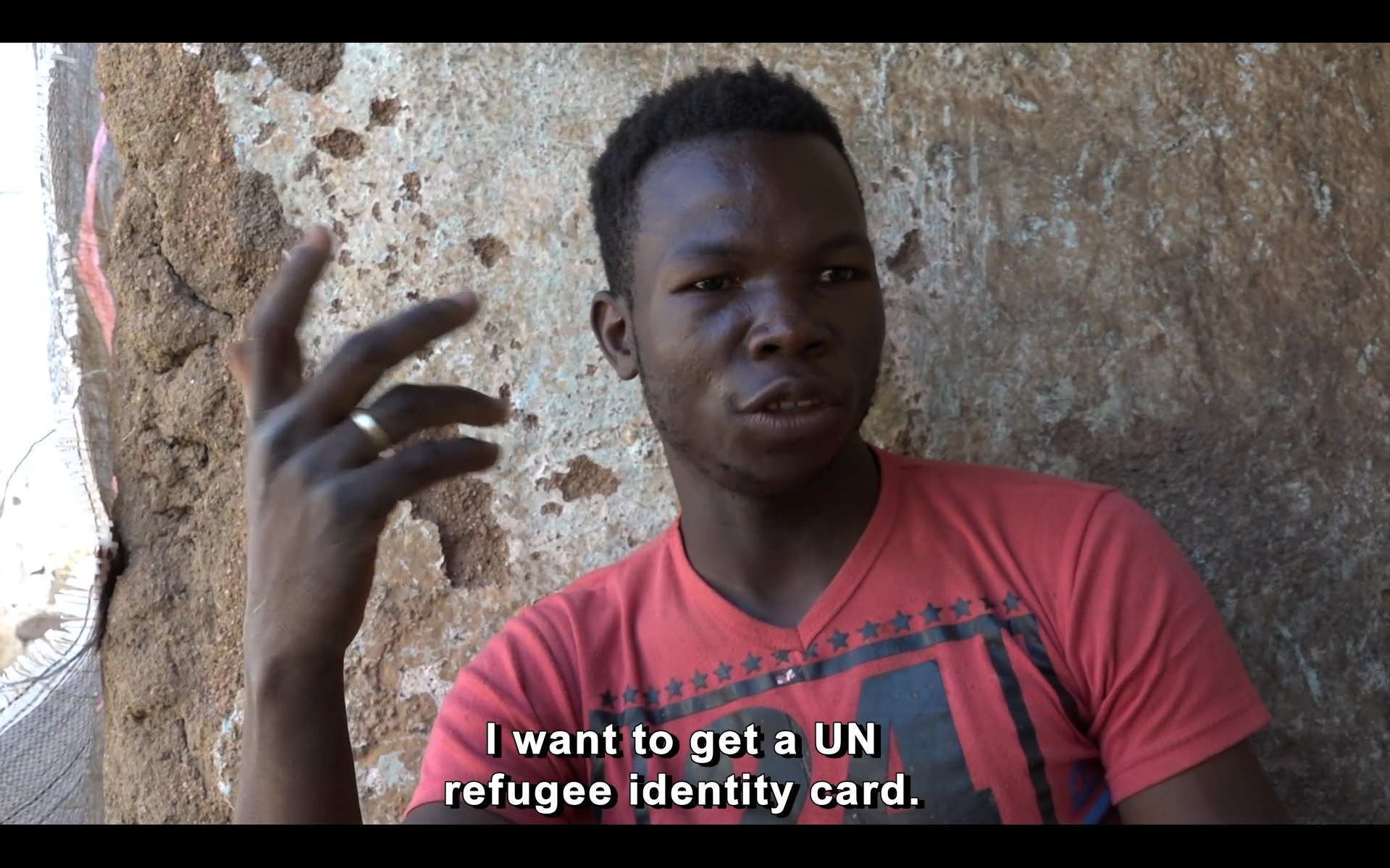A Peaceful Place / Un Abri Paisible
DOI:
https://doi.org/10.15845/jaf.v8i01.4181Keywords:
refugees from war, migration, extended families , invisibility , Central African Republic, Cameroon, réfugiés de guerre, familles élargies, invisibilité, République centrafricaine, CamerounAbstract
More than one million people form the Central African Republic (CAR) have fled their homes since the beginning of a new civil war in 2013. This film follows newborn Elias and his extended family over a period of four years, as they are trying to start a new life in Northern Cameroon’s Adamaoua Province, some 300 km from their home village in the CAR.
The fieldwork that resulted in the film has also led to a book chapter "War refugees in Northern Cameroon: visibility and invisibility in adapting to the informal economy and the ‘tolerant’ state" published in the book Invisibility in African Displacement: From Structural Marginalization to Strategies of Aviodance, edited by Jesper Bjarnesen and Simon Turner.
Plus d'un million de personnes centrafricaines (RCA) ont fui le pays depuis le début d'une autre guerre civile en 2013. Ce film suit le nouveau-né Elias et sa famille élargie sur une période de 5 ans, alors qu'ils tentent de recommencer une nouvelle vie dans la région de l'Adamaoua au nord du Cameroun, située à 300 km de leur village en RCA.
“Un Abri Paisable” est filmé dans un style d'observation et offre un portrait intime de personnes confrontées à la crise
Le travail de terrain qui a abouti au film a également donné lieu à un chapitre de livre intitulé "War refugees in Northern Cameroon: visibility and invisibility in adapting to the informal economy and the 'tolerant' state" publié dans l'ouvrage Invisibility in African Displacement. From Structural Marginalization to Strategies of Aviodance, édité par Jesper Bjarnesen and Simon Turner.

Published
How to Cite
Issue
Section
License
Copyright (c) 2024 Trond Waage

This work is licensed under a Creative Commons Attribution-NonCommercial-NoDerivatives 4.0 International License.


